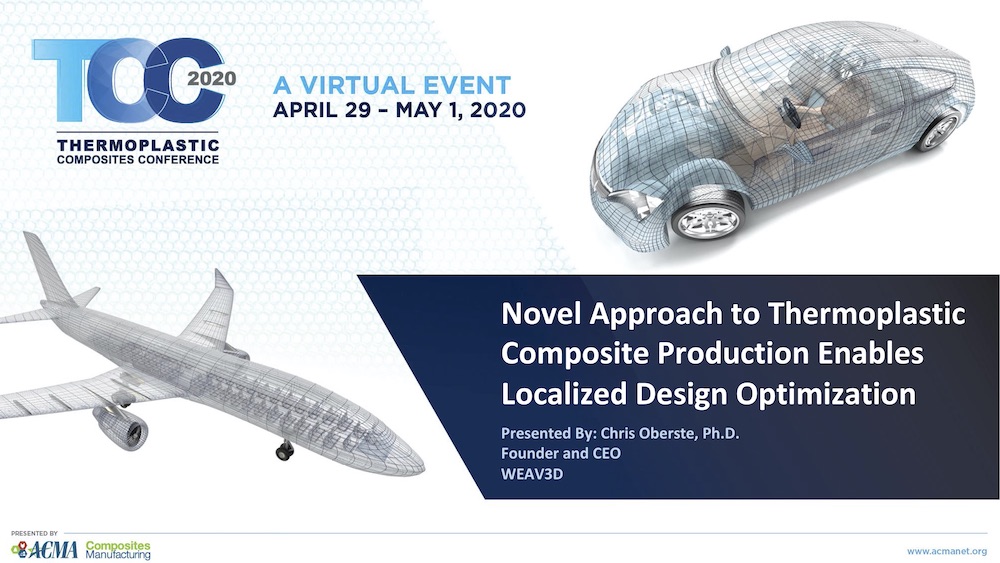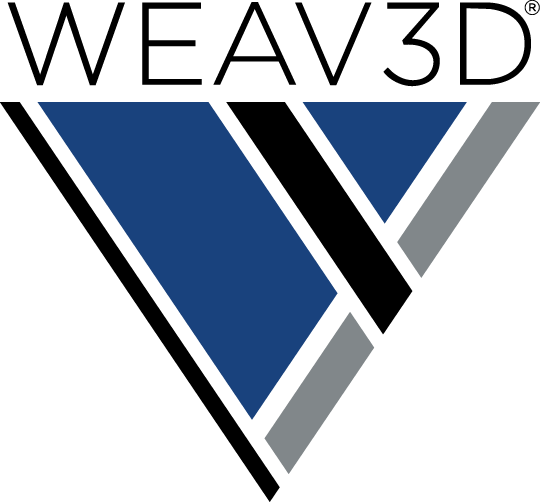Designing, Optimizing and Simulating the Mechanical Properties of Composite Lattice Reinforced Plastics With FEA
Designing, Optimizing and Simulating the Mechanical Properties of Composite Lattice Reinforced Plastics With FEA

Recent advances in thermoplastic composite manufacturing have resulted in the development of hybrid overmolded composite structures, combining continuous fiber composites with injection or compression molded compounds; however, standard FEA techniques developed for isotropic materials and ply-based composites do not accurately capture the physical properties and material behavior of these hybrid materials.
Automotive Lightweighting 2021 June 14 to 15, 2021
Automotive Lightweighting 2021June 14 to 15, 2021
Cost-effective Weight Reduction with Multi-material, Hybrid Length-scale Composites
Combining multi-material continuous fiber-reinforced lattices with long fiber overmolding enables lighter, stronger and less expensive structural composites
Novel composite manufacturing process enables high throughput production of multi-material and locally optimized composite lattices
FEA case study that illustrates expanded design space provided by multi-materials, hybrid length-scale composites
WEAV3D presents at JEC Composites Connect June 1 to 2, 2021
JEC Composites Connect
June 1 to 2, 2021
JEC Composites Connect is the online meeting place for the global composites community.
This first JEC Composites Connect works as an online trade show with digital booths, a conference program, networking areas and JEC Group Innovation Programs.
Investigating the Relationship between Fiber Length, Volume Fraction, and Mechanical Properties of Fiber-Reinforced Plastics
Investigating the Relationship between Fiber Length, Volume Fraction, and Mechanical Properties of Fiber-Reinforced Plastics
Within the current reinforced plastic manufacturing paradigm, a paradox exists; filled and long-fiber-reinforced plastics are cheap, but lack the mechanical properties needed to displace structural metals, while continuous-fiber reinforced plastics (“CFRP”) possess exemplary mechanical properties but cost too much to compete with inexpensive stamped steel. A revolutionary approach is needed to enable vehicle designers to bridge this gap and restart the growth of plastics in automotive structures.
Novel Approach to Thermoplastic Composite Production Enables Localized Design Optimization
Novel Approach to Thermoplastic Composite Production Enables Localized Design Optimization


